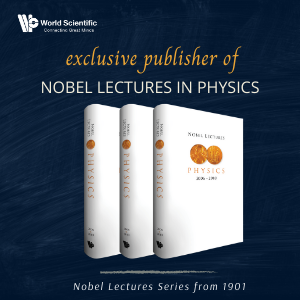System Upgrade on Tue, May 28th, 2024 at 2am (EDT)
Existing users will be able to log into the site and access content. However, E-commerce and registration of new users may not be available for up to 12 hours.For online purchase, please visit us again. Contact us at customercare@wspc.com for any enquiries.
In six lectures aspects of modern non-equilibrium thermodynamics of discrete systems as well as continuum theoretical concepts are represented. Starting out with survey and introduction, state spaces are defined, the existence of internal energy is investigated, and Clausius inequality including negative absolute temperature is derived by diagram technique. Non-equilibrium contact quantities, such as contact temperature — the dynamic analogue of thermostatic temperature — and chemical potentials are phenomenologically defined and quantumstatistically founded. Using Clausius inequality the existence of non-negative entropy production is proved which allows to formulate a dissipation inequality in continuum thermodynamics. The transition between thermodynamics of discrete systems and continuum thermodynamics with respect to contact quantities is considered. Different possibilities of exploiting the dissipation inequality for getting constraints for constitutive equations are discussed. Finally hyperbolic heat conduction in non-extended thermodynamics is treated.
Contents:
- Introduction
- First Law
- Second Law
- Non-Equilibrium Contact Quantities and their Quantum-Statistical Foundation
- Existence of Non-Negative Entropy Production
- Continuum Thermodynamics
Readership: Physicists, physico-chemists, theoretical engineers and thermodynamicists.
























